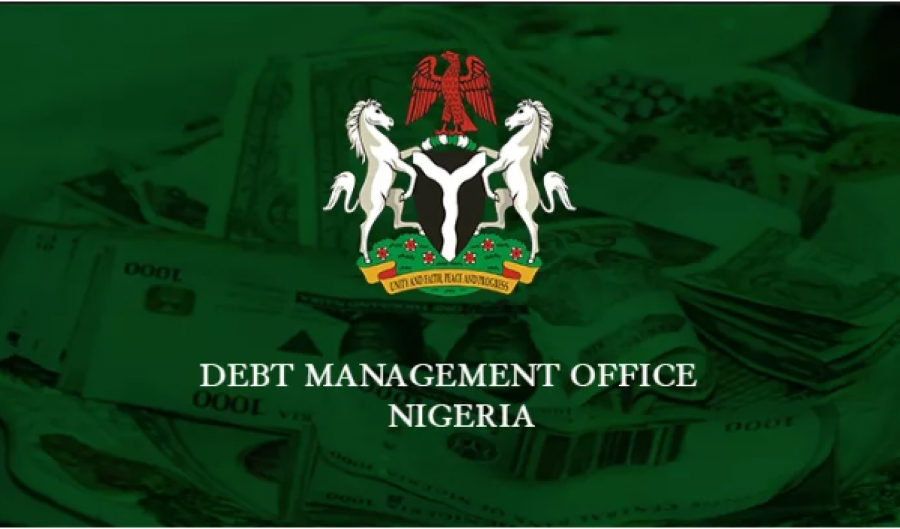
Nigeria’s public debt climbed to N142.3 trillion by 30 September 2024, marking a 5.97 per cent rise (N8.02 trillion) from N134.3 trillion recorded in June 2024.
This was disclosed in the latest figures published by the Debt Management Office (DMO) on Tuesday.
The figure comprises N68.89 trillion in external debt and N73.4 trillion in domestic debt.
In dollar terms, the figure saw a slight increase of 0.29 per cent, rising from $42.90 billion in June to $43.03 billion by September.
However, in naira terms, the external debt climbed sharply by 9.22 per cent, jumping from N63.07 trillion to N68.89 trillion over the same period.
This significant rise in naira value may be attributed to the local currency’s depreciation against the US dollar, with the exchange rate weakening from N1,470.19/$ in June to N1,601.03/$ by the end of September.
Domestic debt decreased by 5.34 per cent in dollar terms, from $48.45 billion in June to $45.87 billion by September. In naira terms, however, it rose by 3.10 per cent, climbing from N71.22 trillion to N73.43 trillion.
The federal government accounted for the majority of domestic debt, which increased from N66.96 trillion in June to N69.22 trillion in September.
Meanwhile, debt owed by states and the Federal Capital Territory (FCT) saw a slight reduction, dropping from N4.27 trillion to N4.21 trillion within the same period.
Nigeria’s domestic debt composition continued to evolve in the third quarter of 2024, with federal government bonds remaining the dominant component, increasing to N54.65 trillion in September from N52.32 trillion in June.
The growth was largely attributed to new naira-denominated issuances and the introduction of the country’s first domestic dollar-denominated bond, which contributed N1.47 trillion to the debt portfolio.
Nigerian Treasury Bills, the second-largest segment of domestic debt, recorded a marginal decline, falling from N11.81 trillion in June to N11.73 trillion in September.
Meanwhile, promissory notes, deployed to settle government obligations, increased from N1.67 trillion to N1.77 trillion during the same period.
The federal government sukuk, a critical instrument for infrastructure financing, saw a notable decline dropping from N1.09 trillion in June to N992.56 billion by September.
Conversely, savings bonds recorded a significant rise, reaching N64.09 billion, underscoring the growing participation of retail investors.
Green bonds, however, remained unchanged at N15 billion.






